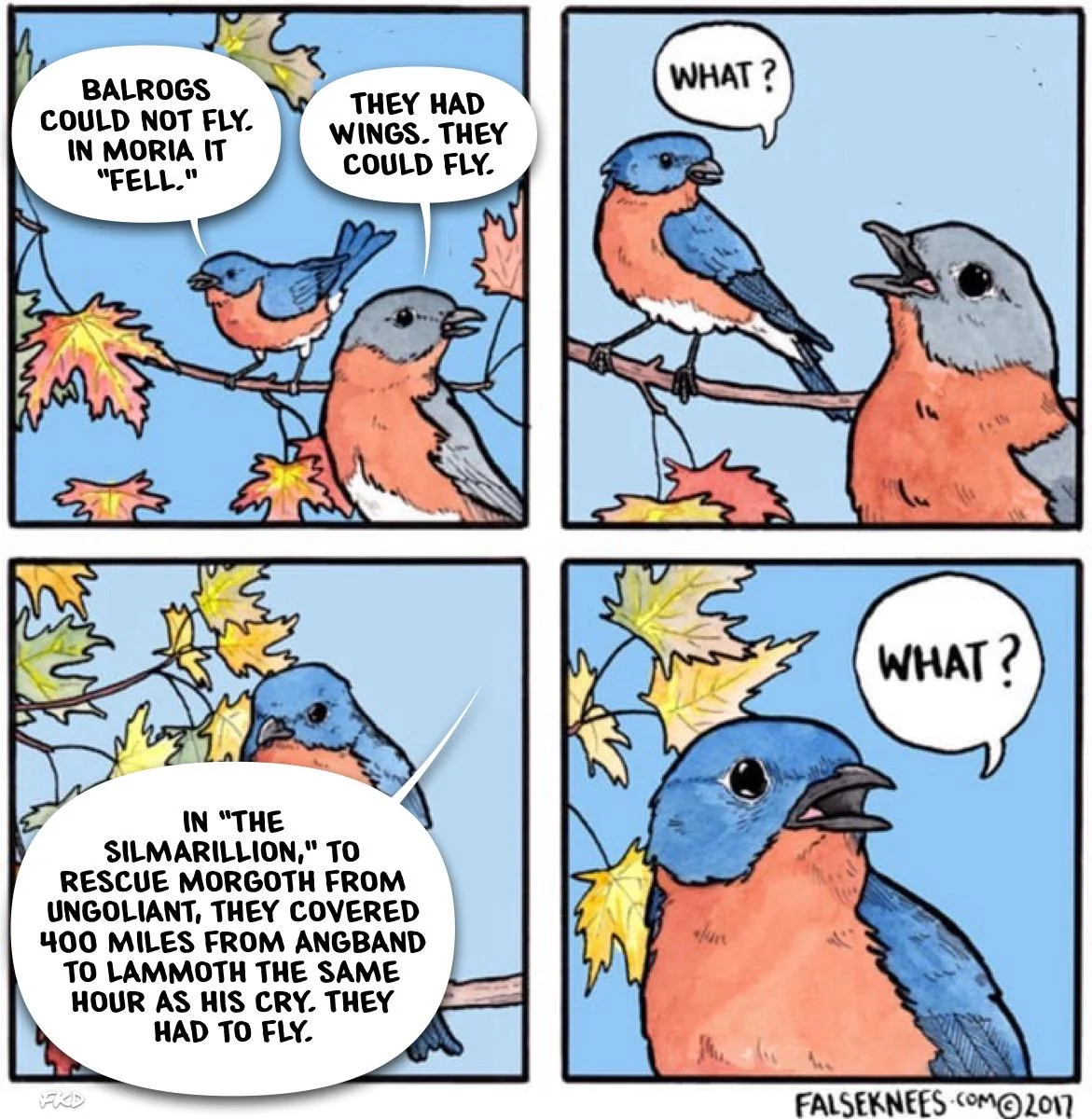this post was submitted on 31 Oct 2024
330 points (97.1% liked)
Comic Strips
13316 readers
2589 users here now
Comic Strips is a community for those who love comic stories.
The rules are simple:
- The post can be a single image, an image gallery, or a link to a specific comic hosted on another site (the author's website, for instance).
- The comic must be a complete story.
- If it is an external link, it must be to a specific story, not to the root of the site.
- You may post comics from others or your own.
- If you are posting a comic of your own, a maximum of one per week is allowed (I know, your comics are great, but this rule helps avoid spam).
- The comic can be in any language, but if it's not in English, OP must include an English translation in the post's 'body' field (note: you don't need to select a specific language when posting a comic).
- Politeness.
- Adult content is not allowed. This community aims to be fun for people of all ages.
Web of links
- [email protected]: "I use Arch btw"
- [email protected]: memes (you don't say!)
founded 2 years ago
MODERATORS
you are viewing a single comment's thread
view the rest of the comments
view the rest of the comments

That's a really interesting point. Ungoliant kind of exists outside the established power structure of the Ainur, considering she came from outside Arda, but was never mentioned as participating in the first music of the Ainur (there's no real established origin for Ungoliant, other than "evil spirit from outside the bounds of Arda"). No matter who you are, being called to fight "unknowable ancient Eldritch spider deity" is a pretty horrifying task, and Melkor was even known to have fear when facing much smaller enemies.
One interesting point is how much emphasis Tolkien puts on Ungoliant's powers being focused around darkness and "unlight". Balrogs, being spirits of fire, seem like a natural enemy to a creature of pure darkness, so that might have boosted their comparative power against Ungoliant despite their low numbers.
Another thing to consider is that Melkor was never known to show understanding or mercy to his servants who failed him. I would have to think that any balrog who failed to come to his aid would have been killed (or worse as you postulate) as soon as Morgoth was freed.
Hah, now I'm imagining an alternate, sillier Arda where the balrogs had the same conversation as the villain's abused lackeys did at the end of Disney's Hercules. (A really underappreciated movie, IMO. Just don't watch it expecting it to be about the Greek myth.)
If memory serves I believe Balrogs are beings of fire, shadow, and darkness. I thought their "wings" were a mix of fire and smoke that they exuded and which Tolkien described as them being cloaked in it.
The balrogs were fire maia that were corrupted by Melkor into beings of fire cloaked in shadow. I interpret that to mean they're primarily beings of fire that "wear" shadow over themselves (which composes their wings)